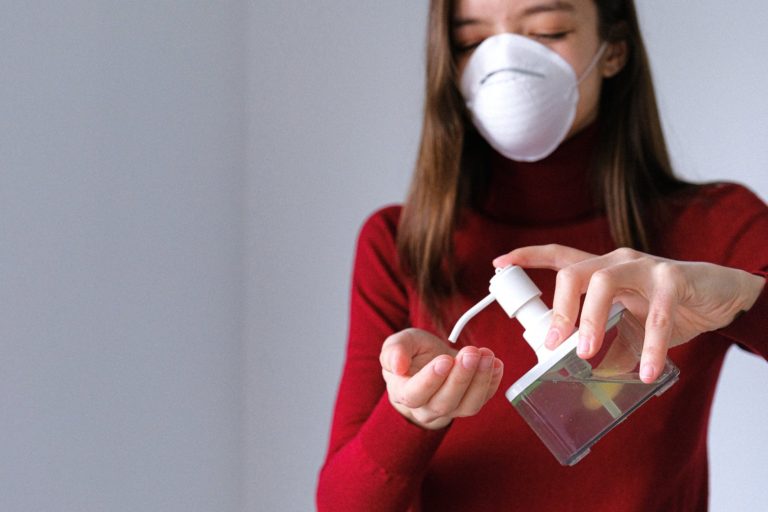We’ve long stressed the importance of empowering employees to be the best representatives of your company as possible. Historically, this has meant allowing them to make decisions on the frontline for the sake of efficiency and timeliness—huge boons for your customer experience, as well as your employees’ own job satisfaction. Even where supervisors are needed to authorize the more extraordinary requests, you want your employees to be able to take the lead on creating solutions rather than passing the problem off. Indeed, his or her first words should be, “I can help,” rather than, “I can’t do that.”
There’s now another angle to this philosophy given the coronavirus pandemic. Employees must now shoulder the burden of wanting to protect themselves, their families, and all the people they come into contact with. Getting sick is a scary prospect, but far more concerning might be getting others sick. Many people in the workforce are also caregivers to children or elderly family members, so these anxieties are not misplaced.
Set Standards
In order to put your employees’ minds at ease, you’ll need to execute on a plan of action. Remember, each locality in the United States may have a different requirement vis-à-vis facemasks and social distancing, but all your people should do what they can regardless. These measures are often uncomfortable but ultimately only minor inconveniences.
Additionally, work surfaces need to be cleaned regularly. Even when your clientele appears to be taking all the necessary precautions (i.e. wearing facemasks themselves, standing six feet apart, and so on), they may unknowingly touch all kinds of surfaces outside before handling your business’s products inside. All potential infection vectors have to be considered.
Whatever exact standards you arrive at in conjunction with your local requirements, create a simple step-by-step document that everyone can refer back to—and above all, enforce it. That means for your customers, too, so you’ll have to possibly roleplay out how to handle employee-customer interactions without them morphing into confrontations.
Create Space
If your business is able to conduct at least some of its work remotely, then that can be a great lifeline to your more at-risk employees. Even if you’re not able to have them do 100% of the work from home, a handful of hours away per week reduces their opportunities for exposure. This allows you to avoid the risks of full staffing, where an infection could jump from one person to many, ultimately shutting your office down for weeks.
Additionally, the various payroll protection programs, Small Business Association loans (with forgiveness), and ongoing pandemic unemployment assistance may allow employees to have reduced roles in your company as we all wait for the dangers to subside and the restrictions to ease. Refer to both the Federal and State level guidance on these matters, as well as the SBA website.
Monitor Execution
Your team leaders should always have an open-door policy when it comes to employees’ concerns. Oftentimes, however, the average person is afraid to rock the boat or get a coworker in trouble, so he or she might not say anything even when there might be a real problem. This has always been true even outside of a global pandemic, but now we’re dealing with something more complex than employee dissatisfaction.
One way to help mitigate your employees’ potential reluctance to speak their minds is to offer an anonymous feedback survey. We’ve always recommended questions asking about whether employees feel empowered to do their jobs well—whether they are trusted and appreciated enough by management to fulfill their day-to-day responsibilities. In light of everything going on, we would also suggest asking whether they feel management is doing enough to help them feel safe in their work environment. And if not, what would they suggest?
Mystery shopping has a place in this, too. Even though shoppers are going to give you a customer’s perspective rather than an employee’s, you can still tell a lot about how comfortable an environment is by asking an outsider. Your mystery shopping reports can alert you to just how frantic and overstressed your staff might be, allowing you to head off a problem before it really escalates.
Want to get started? The Brandt Group specializes in both mystery shopping and anonymous feedback surveys. Let’s all do everything we can to stay healthy together—as both individuals and businesses. Reach out today!




Recent Comments